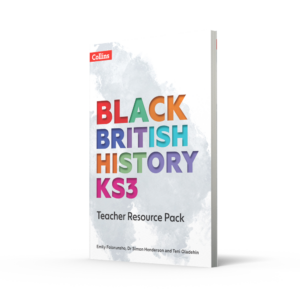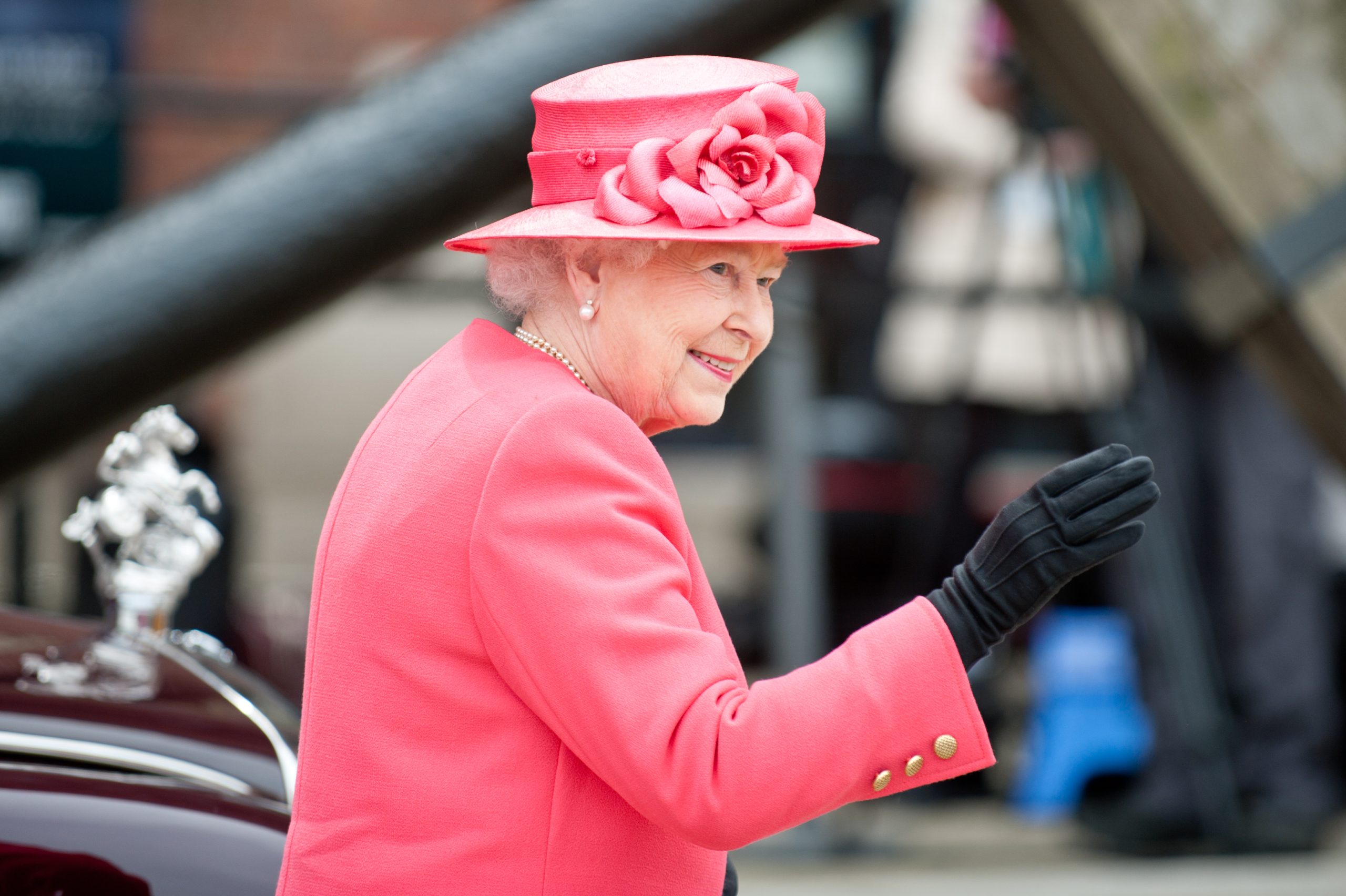What can the history of our rulers teach us about Black British History?
By Teni Oladehin
Queen Elizabeth II. Born Elizabeth Alexandria Mary Windsor on 21st April 1926, crowned Queen of England 6th February 1952. As of 2015, she became the longest reigning monarch in British History. Now – we celebrate her Platinum Jubilee!
What does this mean for our history classroom?
As our current monarch approaches her Platinum Jubilee, there is so much room to explore what this means within our history classroom. We often consider what life was like in Victorian Britain, or how far things changed in Edwardian Britain. But why stop there?
We have the extraordinary opportunity to look at a monarch who is both current and historical. As she ascended to the throne in 1952, Britain was a very different place!
Life under Queen Elizabeth II
Elizabeth followed a line of monarchs who had sat on the throne of an empire that covered nearly a quarter of all land and controlled nearly a quarter of the world’s population. This came at huge cost to those living outside Britain, with famines, genocides and harsh military control changing the landscape of these countries forever.
This empire also changed the face of Britain. As Britain expanded control into Africa and the Caribbean there were increasing numbers of African and Caribbean people migrating to Britain and becoming part of the Black British population.
As Queen Elizabeth took the throne, the British Empire was collapsing and former colonies were becoming independent nations. Many of these nations were part of the Commonwealth, which meant that for a period of time they could migrate to Britain to live and work as anyone with a British passport could.
In exploring this further in the classroom, Unit 6: Lesson 1 in the Black British History KS3 Teacher Resource Pack considers the experiences of Black arrivals in the 1950s and 60s. Using oral sources, students get to consider the extent to which all arrivals from Africa and the Caribbean could be said to have had positive experiences. In this they will see the variety of experiences, but crucially how most were shaped by extreme racist policies and beliefs.
Units 6 through to 9 then give numerous opportunities to further unpack how far the experiences of Black Britons changed in the rule of Queen Elizabeth II, but also how far the growing population of Black Britons shaped British culture. For example, Unit 9: Lesson 2 allows students to explore why the murder of Stephen Lawrence is significant to British history – both socially and politically!
But what about before Elizabeth? What can Queen Victoria’s reign teach us about Black British History?
As historians, we can’t help but think about how far modern history is impacted by the events and individuals that came before it – this is no exception!
In focusing just on the reign of Elizabeth we might fall into the trap we hope this resource pack helps you avoid – Black Britons didn’t just appear in the 1950s and 60s! The history of Black Britons dates back as far as the Romans, and in looking at Victorian Britain we see another example of that.
When thinking about Queen Victoria and Black British History, I have often taught about her goddaughter – Sarah Forbes Bonetta. She was born to a Yoruba Family in what is now Nigeria, was captured and taken to Britain where Queen Victoria took an interest in the “sharp and intelligent” child (she was 7 when she arrived in England). Sarah grew up as Queen Victoria’s granddaughter, being supported in her education and went onto marry a man from Sierra Leone.
While this is a remarkable story of the presence of wealthy black Britons in the Victorian age – its exceptionality is only truly understood against an awareness of Victorians ideas about race, with Queen Victoria as the monarch who ruled over the British empire at its largest.
Unit 4: Lesson 1 gives students the opportunity to understand the prevailing ideas of white supremacy at the time through looking at words of Cecil Rhodes. They then go on to consider how people such as Catherine Impey and Celestine Edwards also challenged these ideas as they criticised the expansion of the British Empire and the horrific treatment of people within British colonies. While it would be many years before the empire came to an end, the work of these individuals and the life of women like Sarah Forbes Bonetta went a long way in challenging ideas of white supremacy at the time!
A moment to reflect
Queen Elizabeth II’s Platinum Jubilee is just one of many opportunities to use our history classrooms to pause and reflect on the changes and continuities in the experiences of Black Britons in modern history.
Ultimately, there are many things that the history of our rulers can teach us about Black British History (with the help of the KS3 Resource Pack!). What remains clear is that the experiences and contributions of Black Britons has and continues to shape key moments in British History – because Black Britons are a fundamental part of British history.
 Teni Oladehin is a history teacher in London and co-author of the Collins Black British History KS3 Teacher Resource Pack.
Teni Oladehin is a history teacher in London and co-author of the Collins Black British History KS3 Teacher Resource Pack.
You might also like
 How past voices can shape a more inclusive future – written by Dr Simon Henderson
How past voices can shape a more inclusive future – written by Dr Simon Henderson
Black History is British History – written by Teni Oladehin and Dr Simon Henderson



